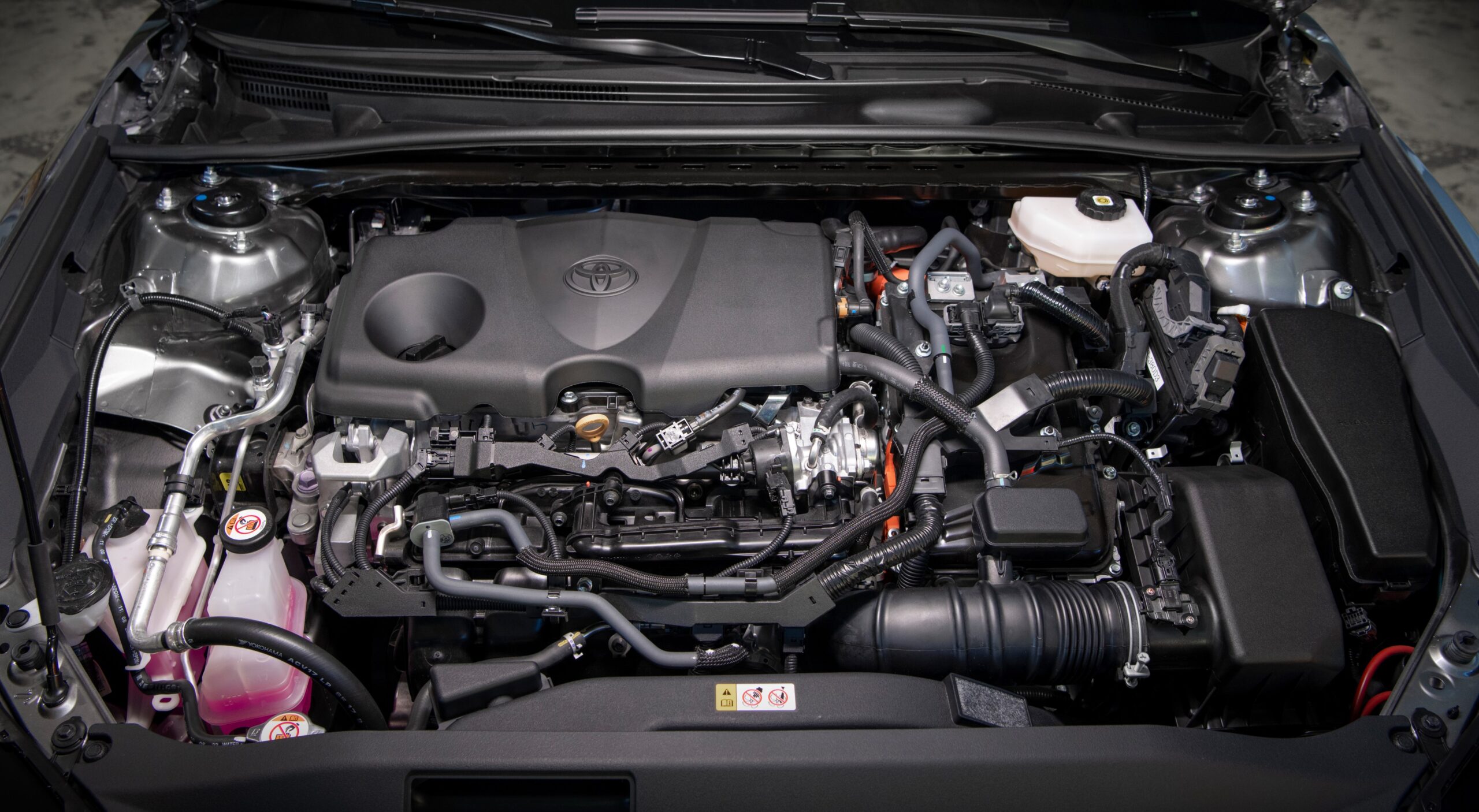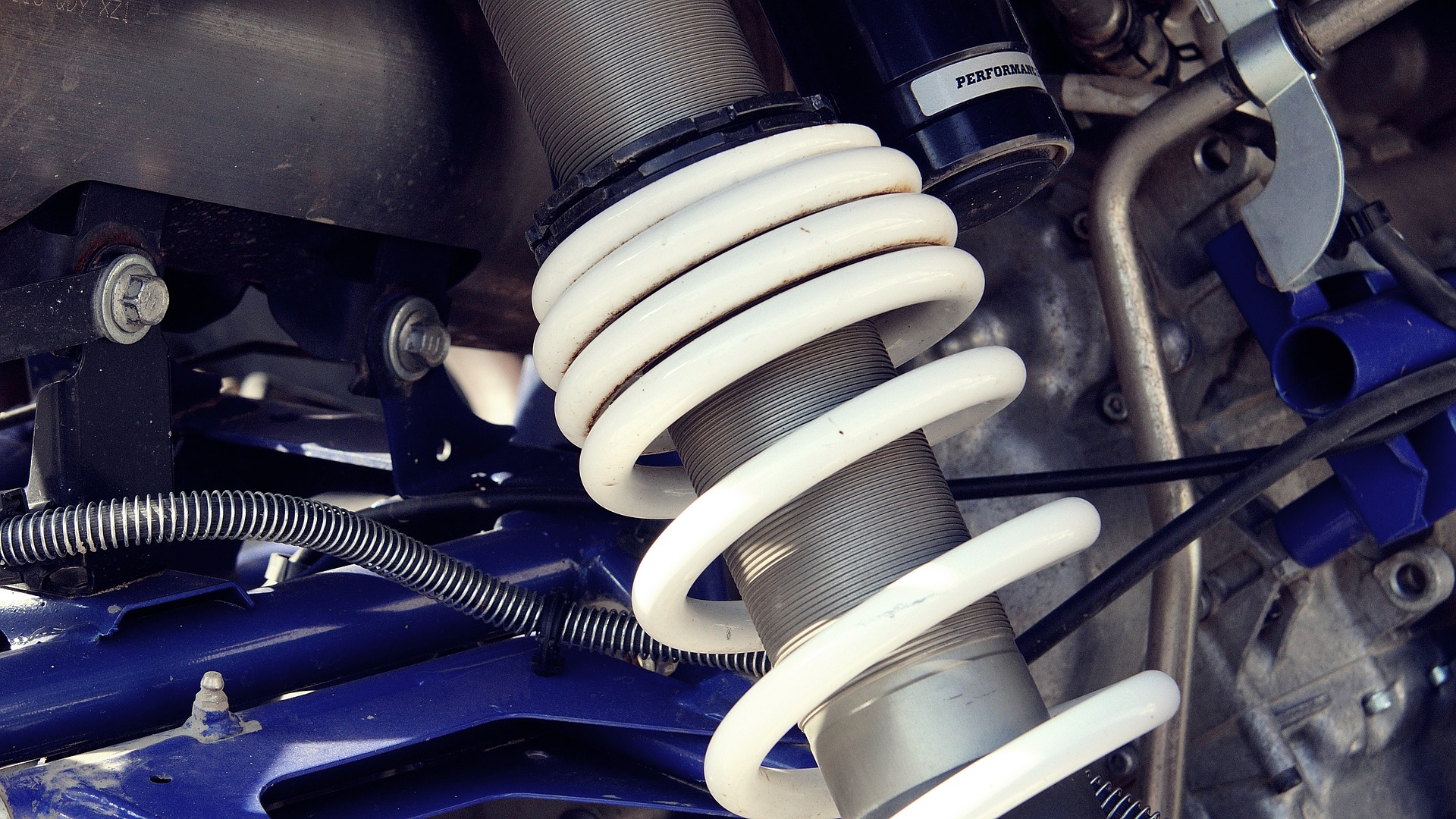
Proper maintenance can help minimize the number of issues you experience, but it can’t eliminate them completely. Luckily there are other indicators that something might be wrong, including some telltale sounds. Here are a few of the more common noises a vehicle may make and what said noises might indicate. Quickly identifying problems and fixing them early can save you money and keep you safe, so remember to keep an ear out if you want to spot potential car issues.

A high-pitched squeal while braking
Brakes are designed to emit a high-pitched, very annoying squeal when they are approaching the end of their service lives. What is known as a “wear indicator” is built into the pad below a certain level and will irritate your eardrums until you fix the issue. While annoying, this is preferable to finding out your brakes are worn due to the fact they simply don’t work anymore.
Changing brake pads is one of the easiest vehicle maintenance tasks, so if you want to get your hands dirty, it’s a great place to start. Just make sure you buy the correct pads and insert them the correct way around.

A squeaking from under the hood
Squeaking sounds can be a little disconcerting, but if a squeaking noise while driving is coming from under the hood, then it’s nearly guaranteed that a belt is the culprit. Belts tend to be pretty important. For example, your serpentine belt drives both the alternator and the water pump, so your engine will be in a lot of trouble if it fails.
A few things can make a belt squeak, with improper tension being a common cause. This can be due to a failing tensioner, or if it happens shortly after you’ve changed a belt, then the tension has been set incorrectly. Dirt or grease contaminating the belt can cause a squeak, as can the belt itself stretching out or wearing down.
Changing out a belt is a relatively easy job and something you can do yourself if you’re confident enough. Otherwise, a garage won’t charge much to do the job for you, and the parts are often very cheap. Said parts can come in kits, so it may make sense to switch out the tensioners and other worn components while you’re doing the job.

Steering wheel clicking
If you hear a clicking or popping sound when you rotate the steering wheel, it could potentially indicate a major issue with the steering rack. If the sound only happens on full lock, that could indicate a different issue, but if general steering is generating the sound, then you need to get your rack checked out. Unfortunately, if your steering rack needs replacing, it’s not the cheapest job you can have done on the car — but it’s a necessary one.
Obviously, any fault with the steering system is something you should have fixed immediately. At best, it can affect your ability to control the car, and a two-ton metal box capable of traveling at high speeds is something you definitely want as much control as possible over. There’s also a possibility of the steering system failing completely, and you losing control altogether. Unless you’re lucky enough to be traveling very slowly when this happens, it’s likely to end very badly.

A clicking or whining sound while maneuvering
You spend a surprisingly small amount of time with your wheel fully turned one way or another, so this could be something you fail to initially spot. However, while maneuvering, there’s a good chance you’ll have the steering wheel on full lock, and things will also be quiet enough for you to hear what’s going on.
If everything is normal, you shouldn’t hear much. If, on the other hand, there is a clicking or whining sound coming from the area behind one of your drive wheels, you have a bit of an issue. At the end of each drive shaft is something called a “constant velocity joint,” and said joints can eventually wear down or become damaged. This usually happens when the boot around the CV joint fails, allowing the joint itself to be contaminated with dirt and debris. As a temporary fix, some mechanics will suggest loading the joint with grease to keep it going a while longer. But a full replacement is probably your best option. They aren’t the most expensive parts on a car, and getting to them is usually relatively easy, so don’t worry about a CV joint replacement breaking the bank.

Clunking while driving
When it comes to worrying car sounds, clunking is one of the more common things you can hear and may be difficult to get to the bottom of. It might also be something absolutely benign, like a heavy object bouncing around your trunk. If you notice the clunking tends to happen when the car hits a bump, or narrow it down to an area around a particular wheel, then it could indicate an issue with one of your shock absorbers. It’s best to replace suspension components in pairs, as a failing shock’s twin is probably not too far behind.
If it isn’t the shock making the clunking noise, then the culprit could be a worn sway bar (which is also known as the anti-roll bar in some areas). Wear on the anti-roll bar is less of an issue than a failing shock, and you can probably put the repair on hold, provided the sound doesn’t annoy you too much. Other issues that can cause a clunk are the bushing, end links, or numerous other components. If something is clunking or your car is making a rattling noise — then you know something is probably loose somewhere.



